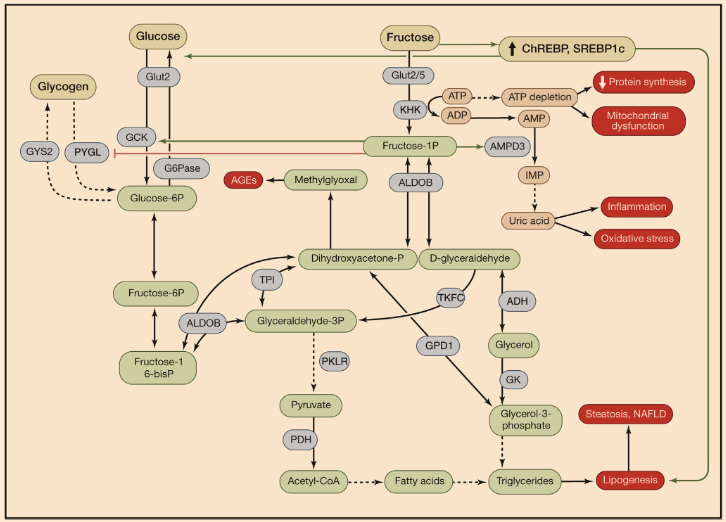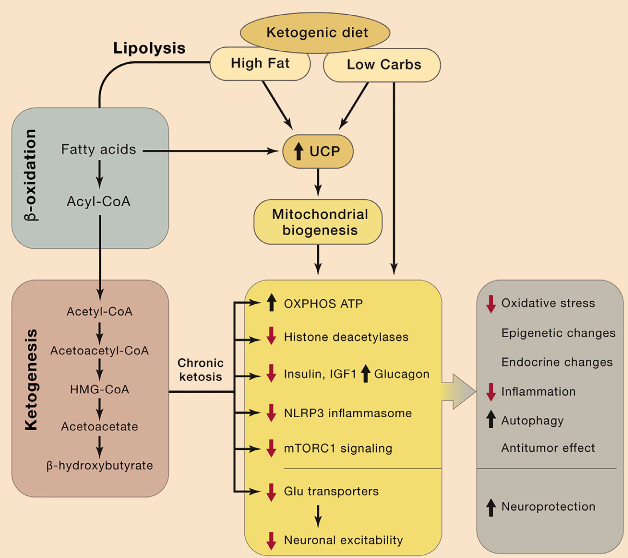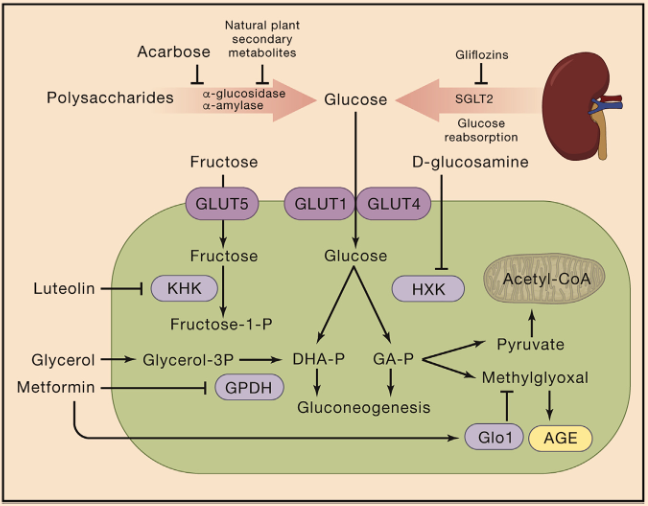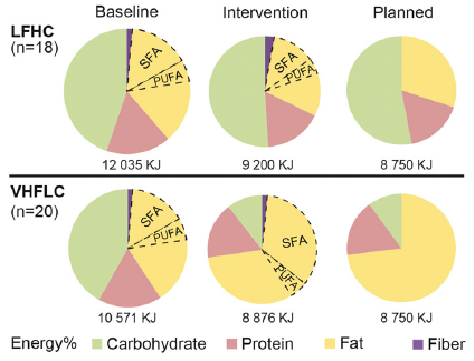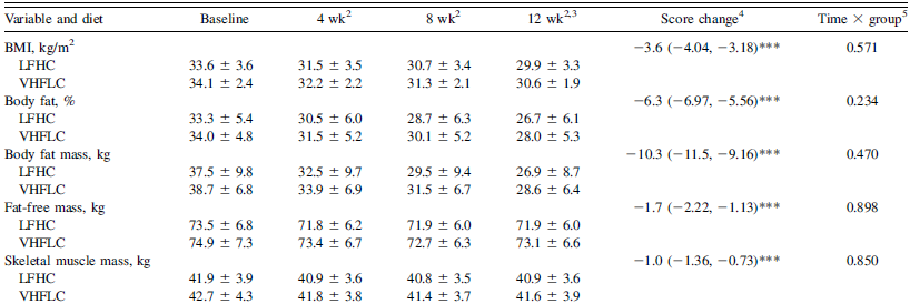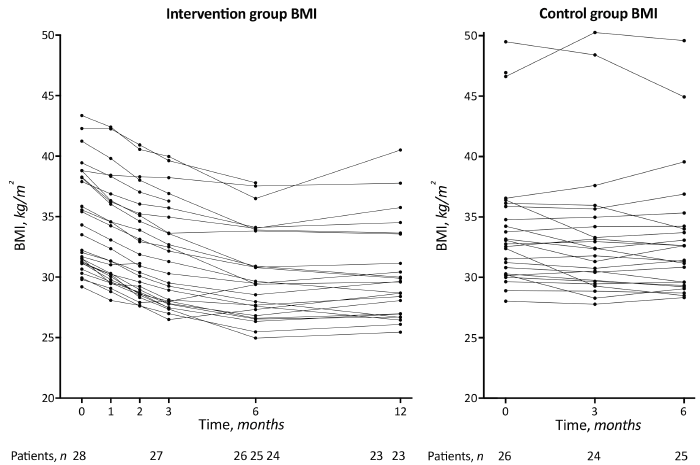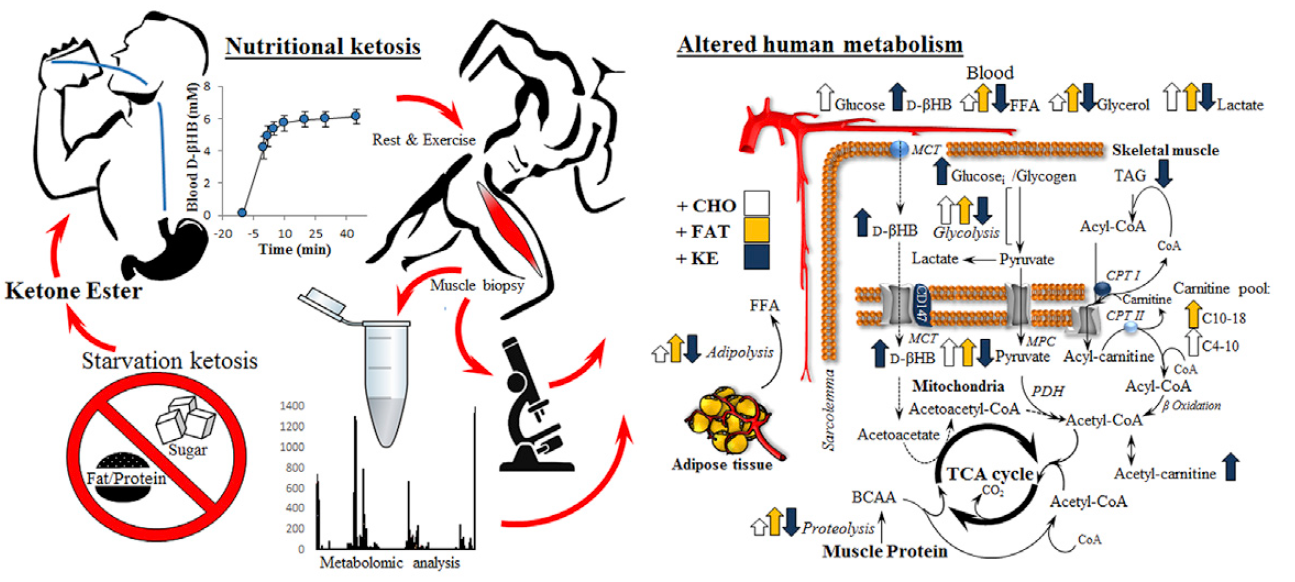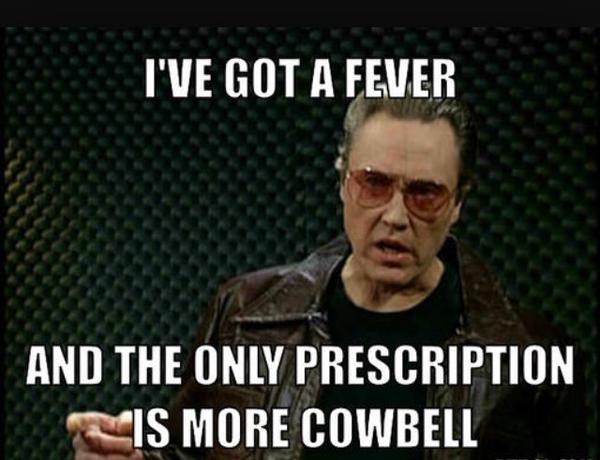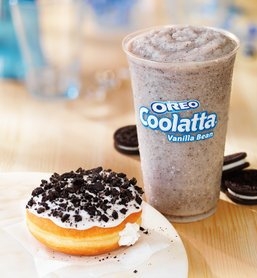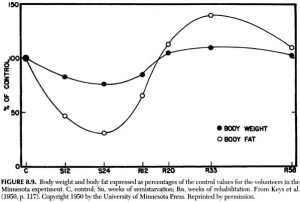Rant.
1) It’s almost as if you’re either:
a red meat-eating 110% keto-advocate
or
you think red meat and a ketogenic diet is harmful.
If you don’t say the diet is magical, the zealots will try to trick you into, or outright accuse you of saying it’s harmful.
Further,
Cutting carbs helps some people lose weight. Cutting fat helps some people lose weight.
don’t @ me
— Bill Lagakos (@CaloriesProper) November 5, 2018
2. And the protein/kidney debate re-surfaced again recently. To be clear: no studies have shown direct harmful effects of protein on kidney function. The studies cited by KDOQI are observational and on end-stage renal disease. Not mild kidney disease or slightly impaired renal function. If I had ESRD, I’d rather play it safe and not enroll in one of Jose Antonio’s high protein diet studies (~4.4 g/kg lol).
I’m pro-LC and HP but not anti-LF. Humans have thrived on a wide variety of diets over time regardless of macronutrient composition. Food quality seems more important in this context.
3. If ketones are muscle-sparing, then…
For the rest of this article and more, head over to Patreon! Five bucks a month for full access and there are many other options. It’s ad-free and you can cancel if it sucks 🙂
If you’re interested in setting up consultations with me, reach out: drlagakos@gmail.com.
Affiliate links: Still looking for a pair of hot blue blockers? TrueDark is offering 10% off HERE and Spectra479 is offering 15% off HERE. If you have no idea what I’m talking about, read this then this.
Join Binance and get some cryptoassets or download Honeyminer and get some Bitcoins for free!
20% off some delish stocks and broths from Kettle and Fire HERE.
If you want the benefits of ‘shrooms but don’t like eating them, Real Mushrooms makes great extracts. 10% off with coupon code LAGAKOS. I recommend Lion’s Mane for the brain and Reishi for everything else.
Join Earn.com with this link.
Start your OWN Patreon campaign!


